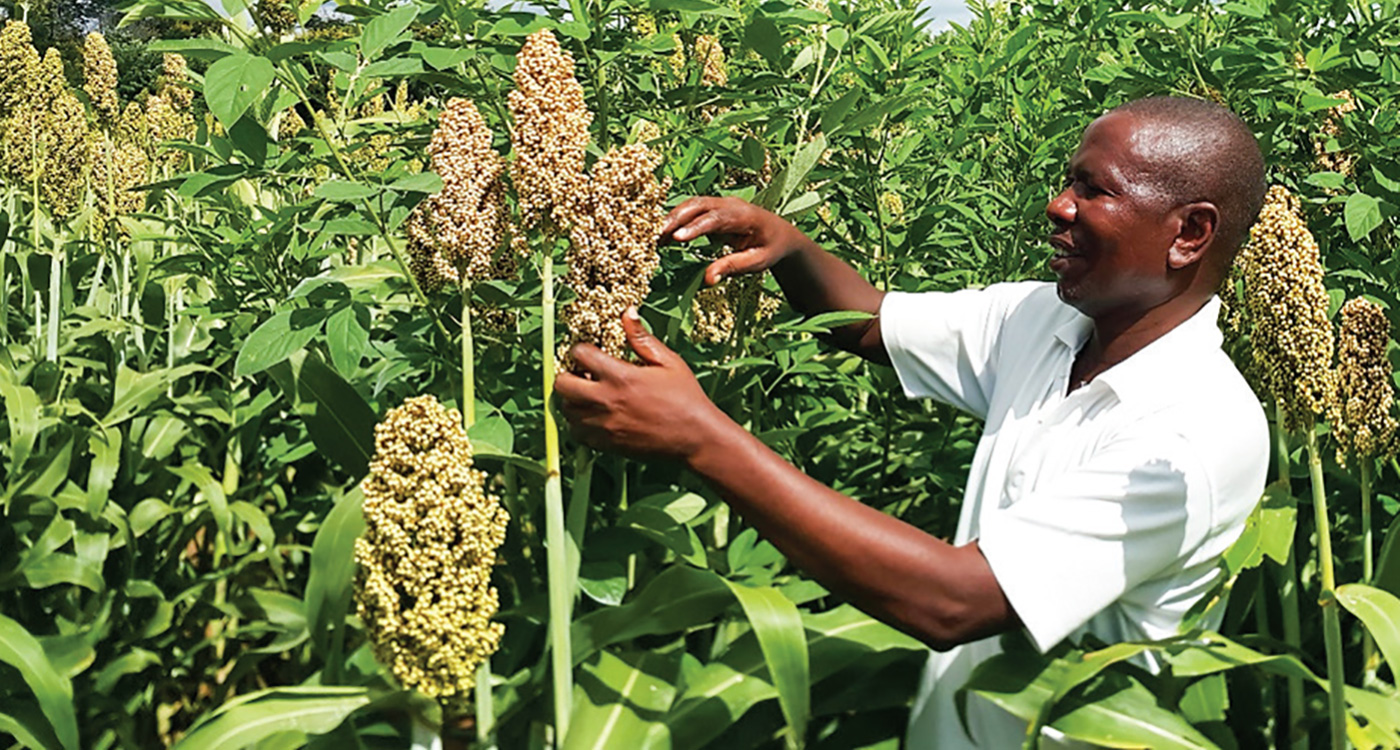Agriculture and Food Security
 Agriculture and Food Security
Agriculture and Food Security
Agriculture is the base of the economy of West Africa, which, as the World Bank asserts, provides livelihoods for most of the vulnerable population and employs 60% of the active population and contributes up to 35% of the GDP. However, it remains highly vulnerable to the adverse effects of climate change including prolonged droughts, more frequent weather extremes, crop failure, and increase in crop pests that limit productivity and market potential, which in turn have resulted in low farm incomes, indebtedness, and food insecurity. Based on consultations and needs assessments, in its phase one, SERVIR West Africa focused on developing a pilot service on crop monitoring in Senegal which addresses a continuing need for accurate and up-to-date estimations of cropped areas as a precursor of improved estimates of agricultural production, and on a regional service for monitoring locusts to reduce the impacts of the pest outbreak.
During 2022-2027 SERVIR WA will strengthen the agriculture and food security (AFS) service area to meet the rapidly rising challenge of food and nutrition security in an international context marked by unsustainable increases in food imports and trade restrictions brought about by the COVID pandemic and the war in Ukraine. This effort will also seek to bridge the gap between AFS and Weather and Climate service areas, which will benefit from the support of University of Florida as a regional hub member. The AFS service area is led by Centre de Suivi Écologique (CSE, Dakar, Senegal).

